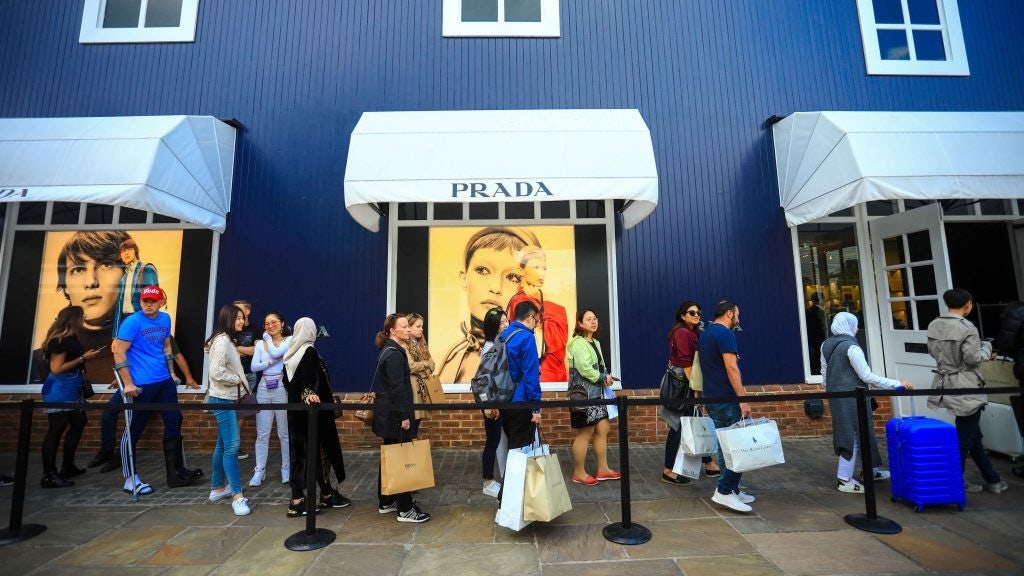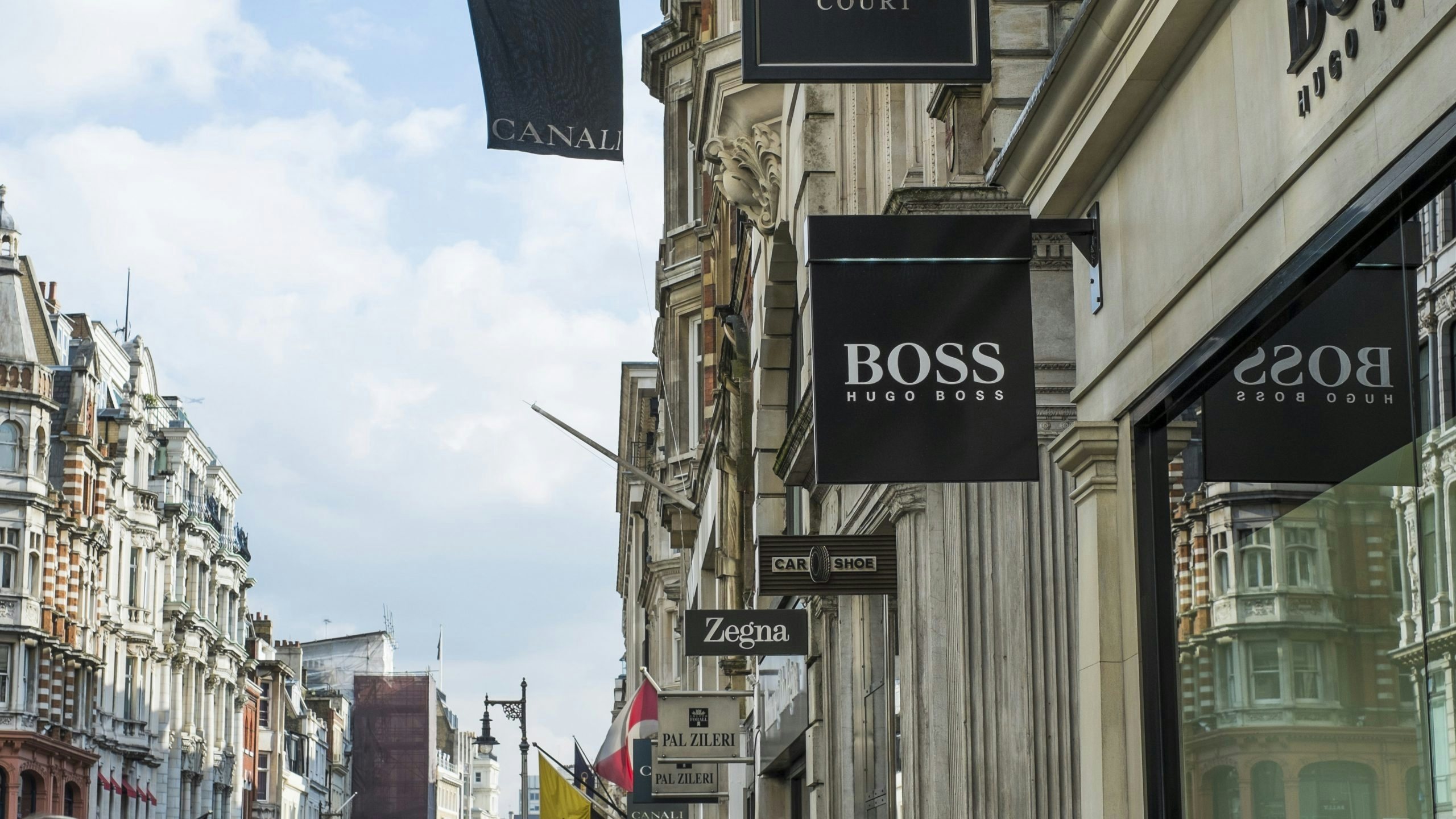What happened
On September 23, the British Chancellor of the Exchequer Kwasi Kwarteng announced that the country will reintroduce tax-free shopping for overseas visitors and replace the previous paper-based system with a digital one. The retail scheme was previously terminated at the end of 2020 to bring in additional tax revenues post-Brexit, leaving the UK as the only European country without VAT-free policies for international shoppers. Unsurprisingly, British retailers welcomed the reversal, stating that it will boost sales and the UK’s competitiveness in terms of attracting tourists.
The Jing Take
Compounded by travel restrictions during the pandemic, Britain’s decision in 2020 to end tax-free shopping made it a less attractive global destination. Tourism tax-refund company Global Blue found that people who made purchases in both mainland Europe and the UK in 2019 increased their spending in the EU by 40 percent to €22,000 ($23,900) while reducing their spending in the UK by a similar amount in the wake of the policy. Chinese media also reported its negative consequences, with one piece from economic news outlet 21jingji.com describing it as “killing the chicken for the egg” 杀鸡取卵. On Weibo, the hashtag “Britain loses attraction to tourists after canceling tax-free shopping policy” gained over 830,000 views.
The latest development will certainly encourage Chinese tourists to come back to the UK. According to the UK’s national tourism agency Visit Britain, there were 883,073 Chinese visitors to the UK with a total expenditure of $1.82 billion (£1.71 billion) in 2019, a 2.7 and 13.9 percent year-on-year increase, respectively. Back then, Chinese visitors would flock to leading travel retail locations such as Bicester Village to enjoy the 20 percent tax discount. A BBC report from 2018 asserted that over half of all Chinese visitors to the UK would visit Bicester Village, making it the second most popular attraction for this group after Buckingham Palace.

However, much depends on when the mainland will relax its stringent border control policy designed to combat the pandemic. It is also possible that fewer Chinese shoppers will opt to travel to the UK given the rise of Hainan as the country's major duty-free luxury retail hub, which is aiming for $14.85 billion (100 billion RMB) in duty-free sales this year. The proximity of Hainan and its lack of any language barrier to Chinese consumers are the island province’s greatest advantages vis-à-vis the UK. British travel retail locations will need to remain competitive in pricing and shopping experience if they want Chinese shoppers to flock to them like before.
The Jing Take reports on a piece of the leading news and presents our editorial team’s analysis of the key implications for the luxury industry. In the recurring column, we analyze everything from product drops and mergers to heated debate sprouting on Chinese social media.
